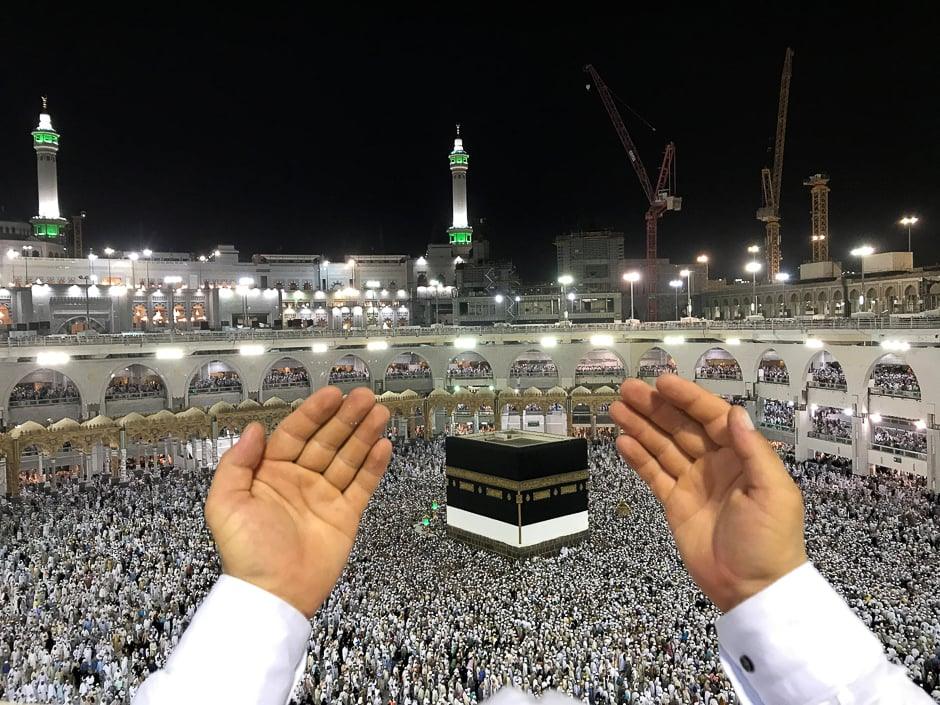The Pakistani pilgrims who perform Hajj this year will benefit from unprecedented historical facilities, including camps totally with air conditioning and improved accommodation, according to director Hajj in Makkah, Azizullah Khan.
Talking with Pakistan radio On Tuesday, Khan said that for the first time, Pakistan’s pilgrims will remain in improved mine camps equipped with sofa bed, plasterboard walls and air conditioning, an important update of previous arrangements with floor mattresses and air coolers. High luggage storage racks have also been added to improve comfort.
“The dedicated teams are working 24 hours a day to supervise food, health and transport arrangements for the maximum facilitation of pilgrims,” Khan said, added that 99 percent of Pakistani pilgrims have received their Nusuk cards, the official Hajj permission and identification tool introduced by the Saudi authorities.
The pilgrims will accommodate in top -level hotels and residential buildings in the neighborhoods of Azizia and Batha Quraish of Makkah. They will also receive specially designed Hajj kits, including a bag with the Pakistani flag, a QR code for essential identification and information.
In addition, a mobile application will provide access to data from the HAJJ group, training schedules, flight and accommodation details, and live location maps throughout the pilgrimage.
Saudi Arabia has also expanded its use of digital tools such as Nusuk, Hajj Navigator, Tawakkalna and ASEFNY applications to optimize pilgrim experience, guarantee security and offer real -time guidance.
In Pakistan, Hajj’s mandatory training began on January 18 with all the relevant details available through the Pak Hajj 2025 mobile application.
For the first time under the Government Hajj scheme, the option to pay in three easy installments has been offered to pilgrims, and all financial transactions related to the pilgrimage have been completely digitized for greater transparency and responsibility.
To support the health needs of pilgrims, the Hajj medical mission of Pakistan has established hospitals both in Makkah and Madinah, in addition to two dispensaries in Madinah and nine in Makkah, all of which are completely operational.
A monitoring cell has also been established to help private pilgrims and address any problem they can find. Specialized units, including a wheelchair desk, are available to meet the needs of elderly pilgrims or with physical problems.




